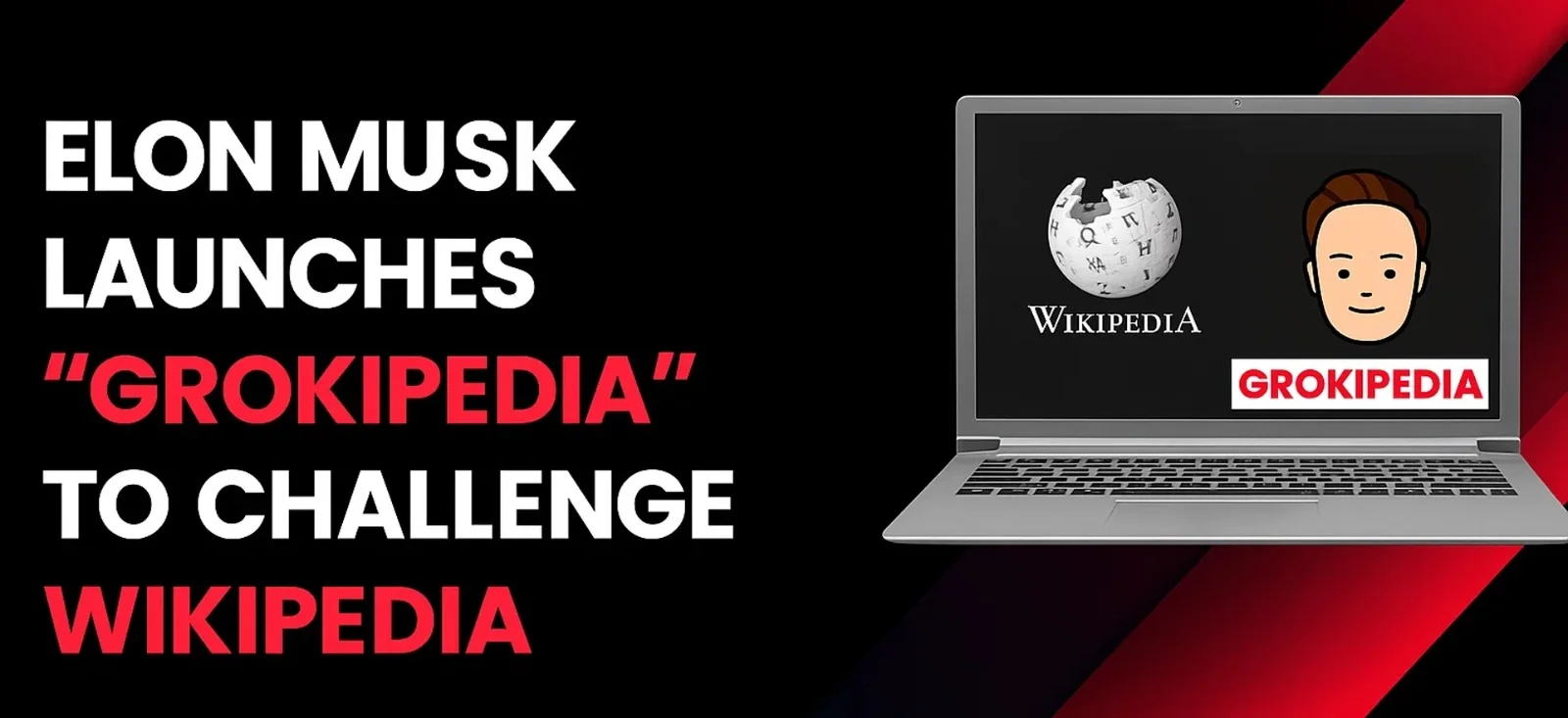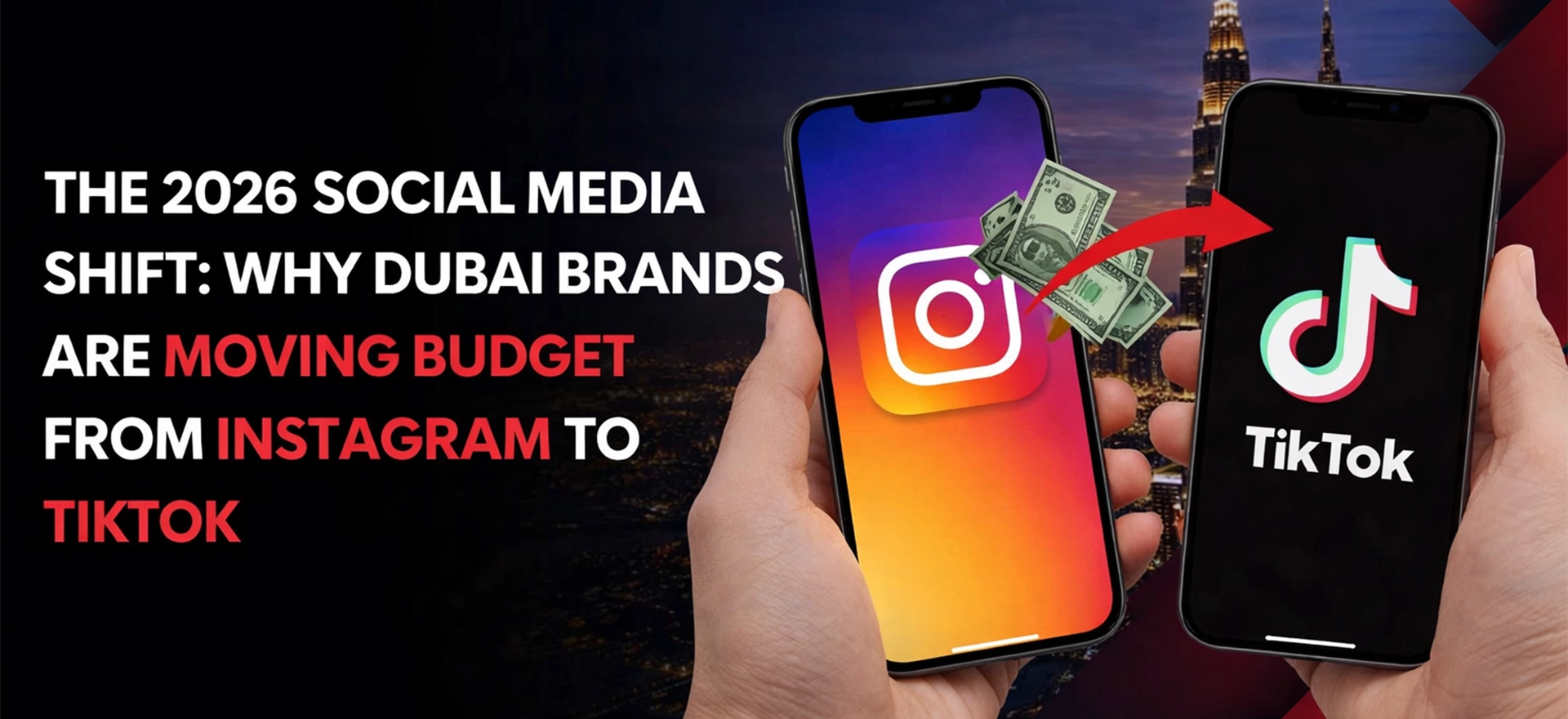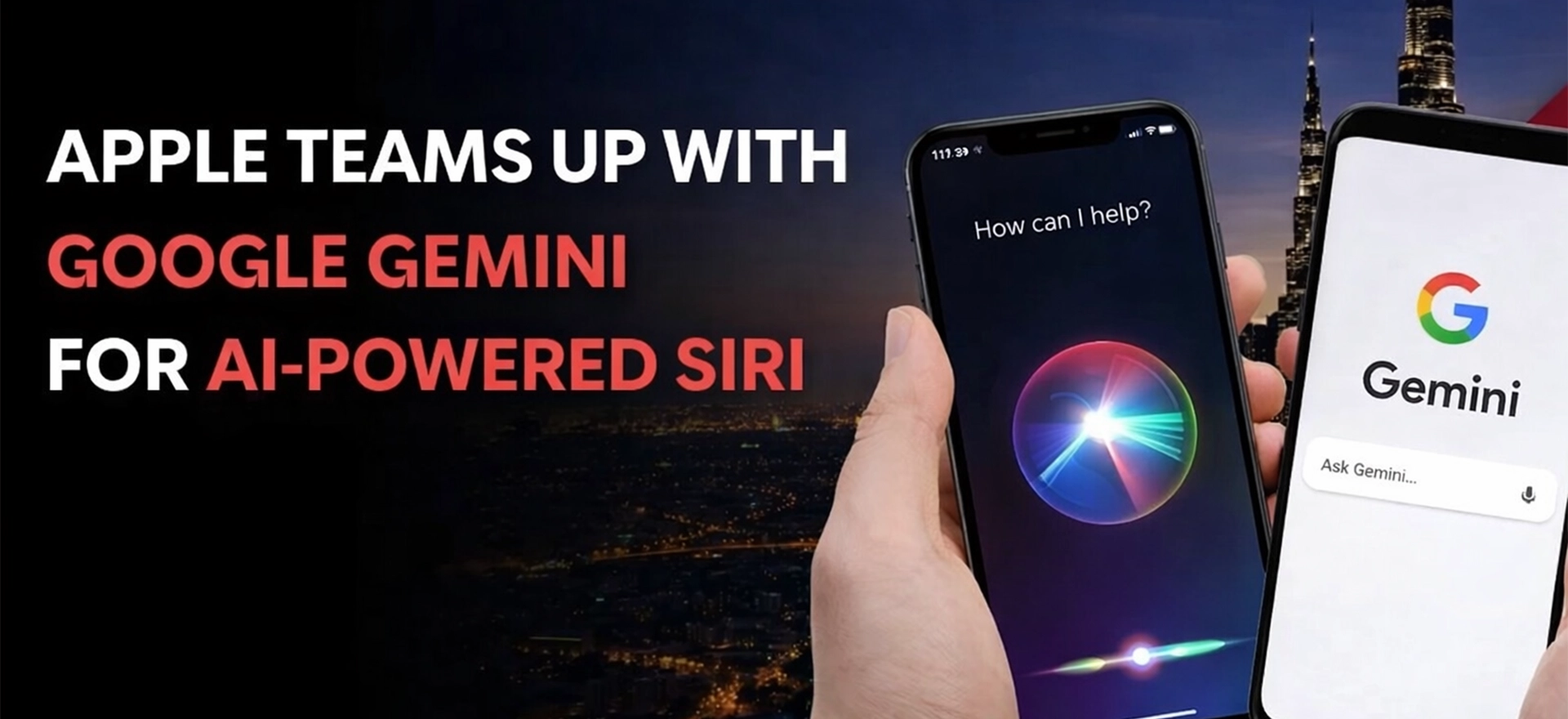On October 27, 2025, Elon Musk’s AI company xAI officially launched Grokipedia, an AI-powered online encyclopedia that aims to compete with Wikipedia, which has been run by the Wikimedia Foundation for a long time.
The launch announcement said that Grokipedia’s goal is to give people “the truth, the whole truth, and nothing but the truth.” At launched, it hosted 885,279 articles, which is only a small part of Wikipedia’s 7 million+ English-language entries.
Grokipedia vs Wikipedia: What Are The Differences:
| Feature | Grokipedia (by Elon Musk / xAI) | Wikipedia (by Wikimedia Foundation) |
| Ownership & Model | Owned by xAI, a for-profit AI company founded by Elon Musk. | Managed by the non-profit Wikimedia Foundation, funded by donations. |
| Content Creation | Created by AI and organized using xAI’s Grok model; users can only make small changes. | Written and edited by millions of human volunteers from all over the world. |
| Editorial Process | Centralized AI moderation and limited transparency; user feedback via flagging. | Open, transparent editorial process; changes reviewed publicly by community. |
| Bias Control | Marketed as a “truth-first” and “less biased” platform, but heavily influenced by Musk’s AI training data and worldview. | Aims for neutrality through community consensus, though critics note systemic bias. |
| Article Count (2025 Launch) | 885,279 at launch. | 7+ million articles in English alone (as of 2025). |
| User Interface | Dark-themed, minimalist design; search-first layout. | Classic white background with multi-language and hyperlink-rich interface |
| Fact-Checking System | AI performs automated cross-checks; no human reviewer network yet. | Verified through peer-review and citation by human editors. |
Immediate Reception & Challenges:
The launch was met with both interest and concern. On one hand, people who support Grokipedia see it as a disruptive new player that brings new competition to the knowledge-platform space. On the other hand, people are worried about reliability, neutrality and transparency:
- Articles with few citations or near-verbatim overlap with Wikipedia entries raise questions about original value and licensing compliance.
- The site experienced technical issues on launch day, including downtime.
- Experts warn that simply replacing volunteer human editorial oversight with AI does not automatically guarantee higher accuracy or less bias.
Potential Impact:
Grokipedia enters a crowded information ecosystem at a pivotal moment:
- If widely adopted, it could change how AI companies find, curate, and present knowledge, especially for training models or putting it into search or assistant tools.
- It challenges Wikipedia’s dominance as a free, open encyclopedia and might push it (and other platforms) to evolve in governance, sourcing and transparency.
- For users and institutions, the arrival of a new major encyclopedia prompts fresh questions about how to evaluate trustworthiness, editorial process and bias of knowledge platforms.
Bottom Line:
With Grokipedia, Elon Musk is betting on AI-driven content creation as a credible alternative to decades-old human-edited encyclopedias. The platform has big goals, but it will be hard to reach them. It needs to scale up its content, earn users’ trust, show that it can do better than existing models, and avoid the biases it wants to fix. Time will tell if Grokipedia is a serious competitor or just a small experiment in the world of encyclopedias.



